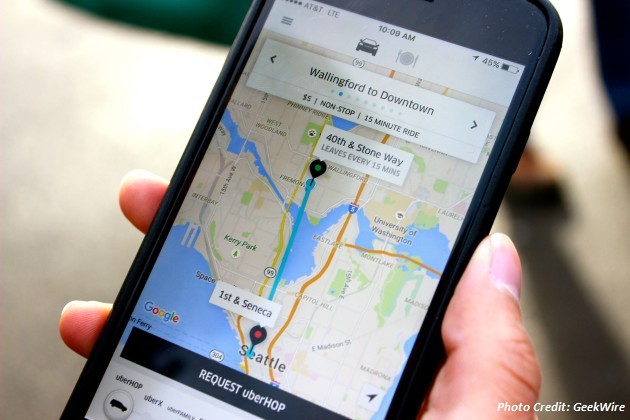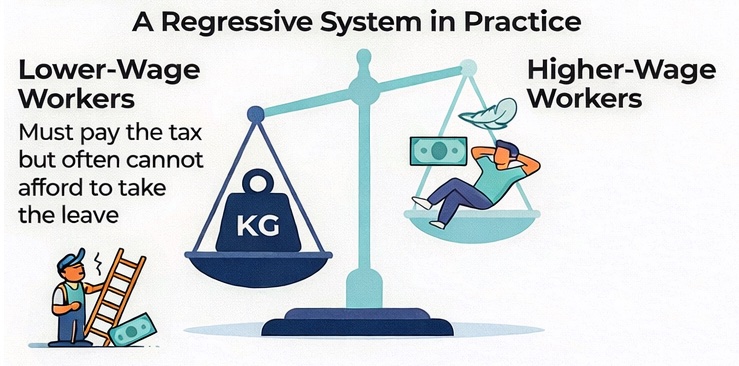New Seattle minimum wage law forces Uber and Lyft to raise prices
In what many consider to be a predictable outcome, the minimum wage law that the Seattle City Council passed in September last year has forced Uber and Lyft to raise prices on riders. Initial estimates indicate Uber will be raising prices as much as 25% and could end up raising prices as much as 50% by April.
Uber, Lyft and the other transportation networks (TNC’s) are successful because they provide a market driven, convenient, needed service at low cost.
Seattle officials are trying to figure out how to fix the problem they created with the taxi medallions (the license someone needs to drive a cab in Seattle) that have plummeted in value after TNCs came to town. The additional regulations taxis have to follow that are mandated on them by the City make it difficult to compete with a free market solution.
The medallion value drop, unfortunately, has put many of the taxi drivers in significant debt as they try to repay the loans they took out to buy the medallion so that they could drive a cab in Seattle. Using a limited supply of medallions, Seattle was able to create a false supply and demand market that collapsed in when Uber and Lyft started operating in the city.
In a typical big government response, Seattle is now trying to fix this problem through more government regulation and taxes.
The city’s involvement is an overreach, as this service should be market-driven.
The advent of ride-sharing services such as Uber and Lyft have provided millions of Americans with more cost-effective transportation that, unlike the vast majority of services offered by most public transit agencies, are not bound by fixed routes or timetables. This gives the consumer more flexibility to acquire a personalized service that fits his or her unique needs.
The increase in minimum wage has translated directly to increased costs for services. For employees lucky enough not to have had their hours reduced or lost their jobs as a result of the minimum wage increase, Uber or Lyft rides just got more expensive.
With Seattle’s new increase to the minimum wage, the only winners are bureaucrats and politicians – not Uber or Lyft, and certainly not their employees or the riders that use their service.






